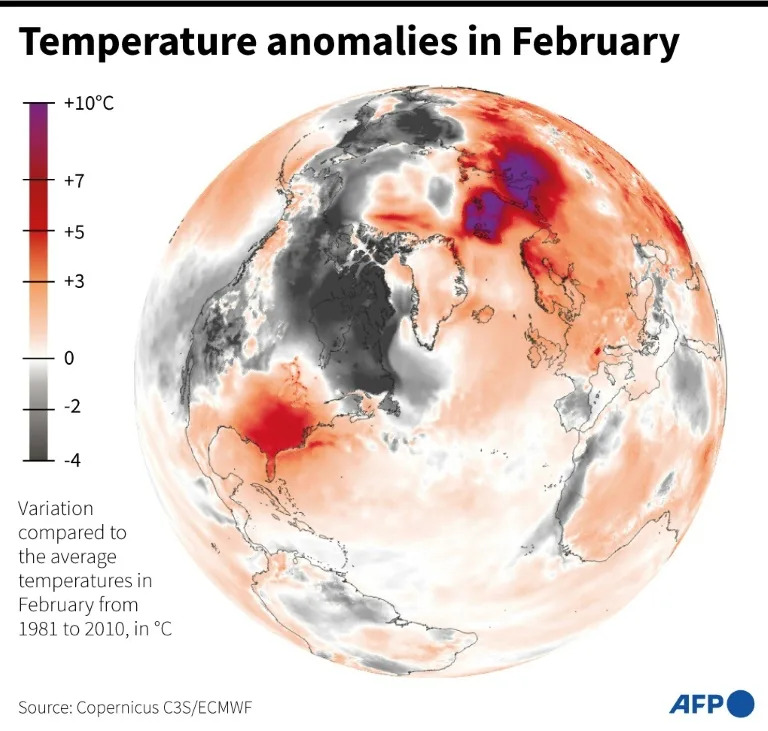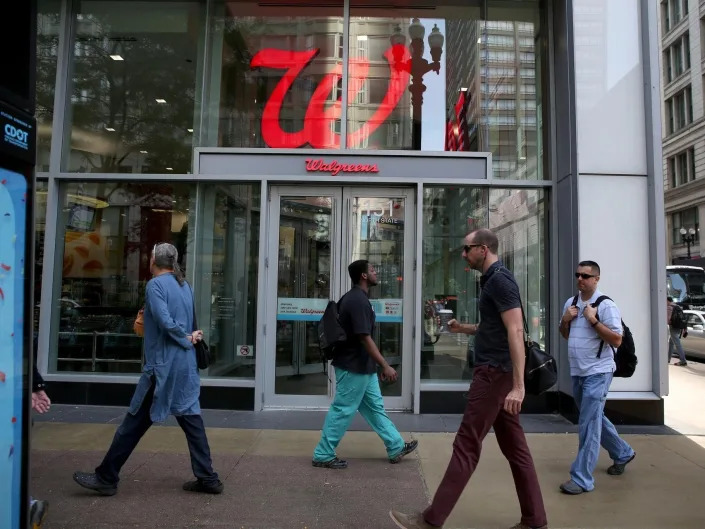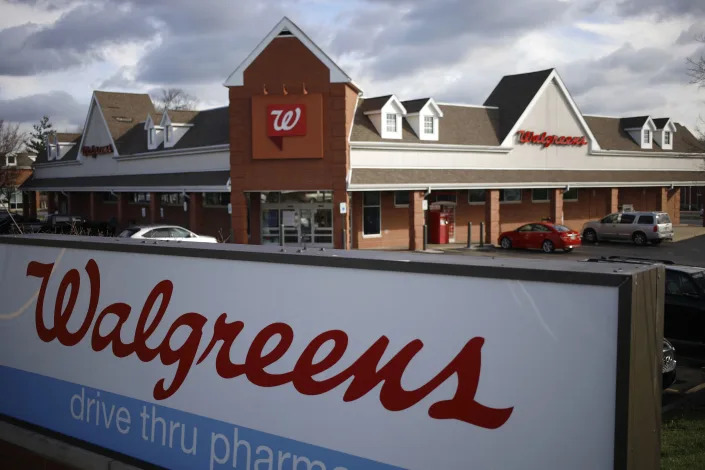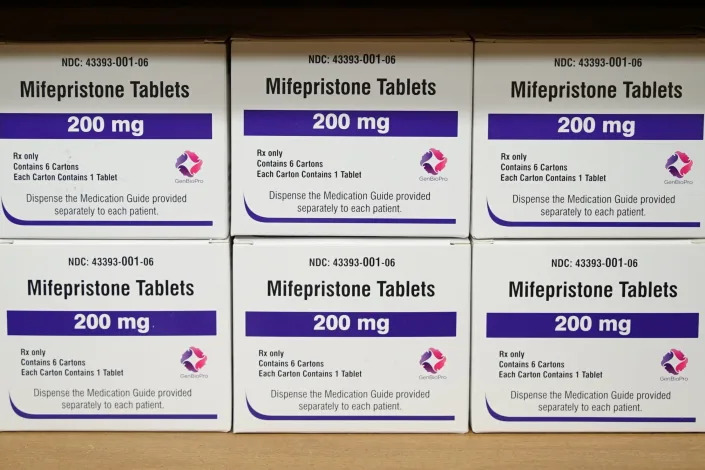Five medical discoveries made in Worcestershire
Matt Hancock-Bruce
Sat, 4 March 2023

Flower remedies, hydrotherapy and Worcestershire Sauce are just some of the medical discoveries made in Worcestershire (Image: NQ/Getty)
Worcestershire has a rich medical history that has helped influence health across the world.
A new chapter will be added to that history later this year with the opening of the Three Counties Medical School.
Ahead of this, Dr Jason Seewoodharry, a Worcester City GP based at the London School of Hygiene and Tropical Medicine, has taken a look back at five pioneering medical discoveries made in the county.
The British Medical Association

Sir Charles Hastings (Image: Newsquest)
The British Medical Association (BMA) was founded here in Worcester by the famous English physician, Sir Charles Hastings (1794 - 1866).
Sir Charles Hastings was educated at Royal Grammar School and saved thousands of lives in Worcester during the cholera and typhus outbreaks that engulfed our city in 1832 and 1849.
He was knighted by Queen Victoria in 1850 for his pioneering work and the medical education centre at Worcestershire Royal Hospital is named after him with a medical museum inside that contains collections spanning over three centuries.
Matt Hancock-Bruce
Sat, 4 March 2023

Flower remedies, hydrotherapy and Worcestershire Sauce are just some of the medical discoveries made in Worcestershire (Image: NQ/Getty)
Worcestershire has a rich medical history that has helped influence health across the world.
A new chapter will be added to that history later this year with the opening of the Three Counties Medical School.
Ahead of this, Dr Jason Seewoodharry, a Worcester City GP based at the London School of Hygiene and Tropical Medicine, has taken a look back at five pioneering medical discoveries made in the county.
The British Medical Association

Sir Charles Hastings (Image: Newsquest)
The British Medical Association (BMA) was founded here in Worcester by the famous English physician, Sir Charles Hastings (1794 - 1866).
Sir Charles Hastings was educated at Royal Grammar School and saved thousands of lives in Worcester during the cholera and typhus outbreaks that engulfed our city in 1832 and 1849.
He was knighted by Queen Victoria in 1850 for his pioneering work and the medical education centre at Worcestershire Royal Hospital is named after him with a medical museum inside that contains collections spanning over three centuries.
Bach flower remedies

Flower remedies (Image: Getty/Heike Brauer)
The founder of the Bach flower remedies, a form of alternative medicine inspired by classical homeopathic traditions, was Dr Edward Bach, a microbiologist from Worcestershire.
Bach flower remedies are solutions of brandy and water - the water containing extreme dilutions of flower material.
Dr Edward Bach claimed the dew found on flower petals retained the supposed healing properties of that plant.
Hydrotherapy

The Malvhina fountain in Malvern (Image: NQ)
Hydrotherapy originated in our country.
Malvern water, a natural spring from the Malvern hills, led to Malvern becoming famous for the “water cure”, which is now referred to as hydrotherapy, namely, a branch of alternative medicine that involves the use of water for pain relief.
The term encompasses a broad range of therapeutic methods that take advantage of the physical properties of water to stimulate blood circulation and treat the symptoms of certain diseases.
Dr Richard Morton

Dr Richard Morton played a key role in the first diagnosis of TB (Image: Getty/anyaberkut)
The famous English physician, Dr Richard Morton (1637 - 1698) was from Worcester and played a pivotal role in elucidating the cause of tuberculosis (TB), which at the time accounted for over 18 per cent of all deaths in the City of London.
His research and publications are also significant in that it also contains the first recognised medical descriptions of the wasting condition now known as Anorexia Nervosa.
Worcestershire Sauce

Worcestershire Sauce (Image: NQ)
And last but not least, our most famous product, Worcestershire Sauce, is a medical discovery in its own right!
Every five-gram serving contains small quantities of iron, zinc, vitamin C, potassium, copper, niacin, antioxidants and vitamin B6 to keep your nervous system, bone marrow, immune system, skin and gut healthy.











